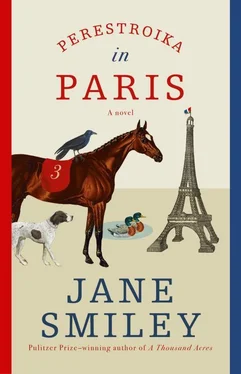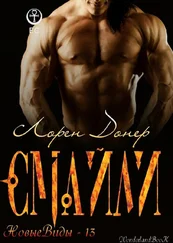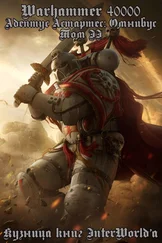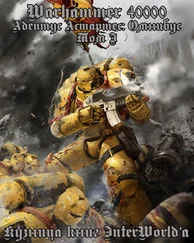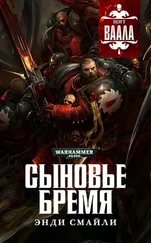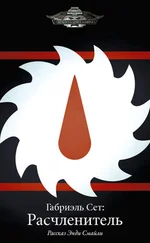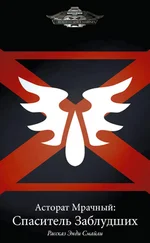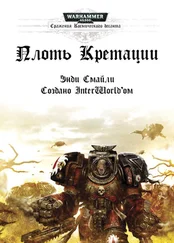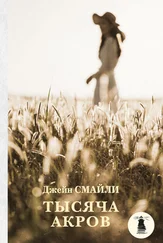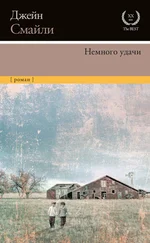The surface of the snow was like a map of which animals had walked where in the course of the morning. Under the trees, along the allées that ran the length of the Champ, the snow was flattened by the footsteps of humans and their dogs, but deeper into the expanse of the Champ, there were the paw prints of cats and foxes, of geese that had landed, walked along, taken off again. Of a hare that had crossed the width of the Champ, and a rabbit that had scurried from one den to another. Squirrels had descended from their homes in trees, scurried across the snow, leaving a few nutshells, and returned to their trees. Ravens and other birds had landed, hopped about, taken off again. And Frida had raced toward the shops—she was cold, and cold made a dog hungry. Her track was straight—away from the abutment, back to the abutment. There were no hoofprints. Étienne ran in loops around the places where he had glimpsed Paras over the last several weeks, but he could not see her. He got tired from running, set down his bag.
Paras could see Étienne, though. From her spot deep under the trees, where she was still curled up (so curled up that she could hear her own stomach rumbling), she could see him rise on his toes with his hands on his hips, and turn in a slow circle, looking everywhere in the Champ. Paras didn’t need Frida to tell her that he was looking for her—she could sense it. And in the cold, dry air, she could just faintly smell a sweetness that would be coming from the bag. She could see that it was a big bag, and she could tell that it was a heavy bag. She had seen many bags in her day—not handbags, but feedbags. She flicked her ears and felt herself getting curious. Without thinking, she gave a little nicker. Nancy, who was huddling in her nest, all fluffed up against the cold, quacked, “Watch out!” But Nancy always quacked that. The boy had his hat pulled down so that only his nose and his mouth were showing. At any rate, Paras didn’t think he had heard her—he didn’t turn in her direction. She lay quietly, but she felt her curiosity getting bigger and bigger. Her nostrils stretched toward the boy. Her neck extended itself. Her eyes opened wider, and her ears went as far forward as they could go. Her tail stiffened, as if she were about to stand up, but she knew that she should not stand up. Or, rather, she knew that Frida had said that she should not stand up. Moment by moment, though, she was coming to think that nothing would be lost by standing up, by walking over to the boy, by nuzzling the bag, by sniffing the boy’s cheek to see what kind of boy he was.
Now the boy jumped up and down, clamping his arms around himself, and then he made a noise like a horse does, blowing air out of his nostrils. He turned around again, looked in her direction for a long moment, then turned away. “He saw you!” quacked Nancy. “But he didn’t see me! You quadrupeds don’t know how to be still, do you?”
Paras didn’t respond.
The boy opened the bag and looked into it. After a moment, he extracted something. Paras could see that it was a large carrot. He dropped it onto the surface of the snow. Although it smelled like a carrot, it didn’t quite look like a carrot; it looked dark against the blinding whiteness. He picked up the bag and walked away, every so often stopping to take out something else and lay it on the snow. Paras couldn’t sniff out what the other things were from this distance.
“He’s tricking you!” quacked Nancy. “Don’t fall for it. You know, they have these ducks that swim in the water. They look fine from above—handsome, you might say—and there they are, floating peacefully in a lake, as you are passing over, and always there is an argument about whether to stop and have a snack or whether to fly on, and the ones who stop—bam, they are dead. And those ducks that were there to begin with, they just keep floating around as if nothing has happened. Humans are horribly treacherous.”
“That isn’t my experience,” said Paras. She could see a squirrel approaching the carrot. She knew the boy had left it for her. The squirrel looked this way and that. Another squirrel was nearby, too.
One thing Paras had learned in the Champ de Mars was that, if squirrels were walking around, then humans were nowhere to be found. She extended a foreleg, hoisted herself to her feet, felt the scratch of the branches as she left the trees and bushes that were her nest. She walked past Nancy’s spot with her head down, and snorted at the squirrel as he reached his front paws toward the carrot, which smelled even sweeter and more delicious up close. The squirrel did not run away immediately, as Paras expected him to. He said, “Might doesn’t always make right.”
Paras had never spoken to a squirrel before. He said, “I’m hungry.” She looked at him, then said, “It doesn’t look as though you are hungry. You still have something in your cheeks.”
The squirrel tossed his head and ran away. Paras took a bite of the carrot, then ate it piece by piece. She looked down the Champ. There was something else that the boy had dropped. She walked toward it.
She had been hoping for another carrot, but it was a head of romaine, a little wilted, more bitter than sweet, though parts of it were crunchy. She ate every morsel, including the fibrous stem end. The next item, not sitting high on the snow but sunk into it, looked like another carrot, but when she bit into it, it had a different flavor, and at first she stuck her nose in the air and wrinkled her lip, but she was hungry, so she ate it anyway. It was large, and by the time she was finished, she quite liked it.
The boy was standing over the next thing, dark and round. He did not retreat when she approached it. He stood still, then picked up the apple (any horse could recognize an apple from far away) and held it out to her, his gloved hand flat. The apple looked and smelled good. She could have bitten it in half right away, but since she was a curious filly, even though she was hungry, she stuck her nostrils against the boy’s head and sniffed. He stood very still, but she didn’t sense that he was afraid—humans could get quite a bad smell when they were afraid. She sniffed the top of his head. Then she waited a polite moment and bit the apple neatly in half, leaving the other half in his palm. She chewed on the apple. Like the romaine, it was chilled, but sweet and crisp.
The bag was sitting at the boy’s feet. Paras did something that she knew was rude, that Delphine would have said “Ah-ah!” to: she put her head down and opened the bag with her nose. The contents of the bag smelled good—certainly more apples, romaine, and some carrots, some other things, possibly a beet. She lifted her head and stood quietly. A long moment went by. The boy took off his glove and stroked her on her cheek, very lightly. Paras nickered.
Off to her right, almost but not quite behind her, something ran across the snow. She swiveled her right eye and saw it was Frida. She did not turn her head. She didn’t want Frida to know that she had noticed her. The boy reached his hand into the bag, and now he had that very thing that no horse could get on her own, a lump of sugar. Paras lifted it neatly off his palm with her lips and took it in. She held it on her tongue and felt it begin to melt in there, the sweetest possible thing. She crunched it down and licked her lips.
Then she saw that Frida wasn’t alone—Raoul was flying along just above her, and they were having quite an argument. Paras nudged the boy lightly on the shoulder, and he did what she wanted him to do—he picked up the bag and started walking away. She followed him, the snow a little watery, a little soft. She could feel it balling in her front hooves, not a pleasant sensation. Frida and Raoul got pretty close, about to where the not-quite-a-carrot had been; Frida came to a sliding halt and sat down. Raoul raised his wings and landed just in front of her. The boy stopped, stared at them, then reached into his bag. He rummaged around for a moment, held out his hand. Paras sniffed what was in it—it smelled sharp and salty, a little like the mineral block Delphine had always kept in Paras’s feeder. Raoul cocked his head one way, then the other, then hopped over toward them. Finally, he flew up and landed on Paras’s haunches, where he took a few steps in both directions (Paras didn’t mind him walking on her—it felt like being scratched). He stretched downward, and the boy held whatever it was toward the raven in his gloved hand. Raoul took it.
Читать дальше
